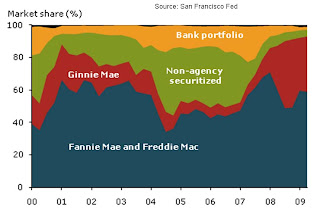The House on Thursday passed the Puerto Rico Democracy Act to authorize a federally-sanctioned vote of the people of Puerto Rico regarding their political future. While under current law, Puerto Rico can conduct a vote anytime to determine their voting status, under the legislation, a two-step voting process would occur. The first vote would allow the people of Puerto Rico to choose between selecting a “different political status” or maintaining their “present political status” as a U.S. territory with commonwealth status. If the majority of the people vote in favor of a “different political status”, then a second vote would be held allowing Puerto Ricans to choose between four options: independence, commonwealth, free association with the U.S., or statehood. While Congressman Miller believes the people of Puerto Rico should be able to go to the ballot box to express their views on their future political status, he opposed the bill because it contains serious flaws. Among these fl


